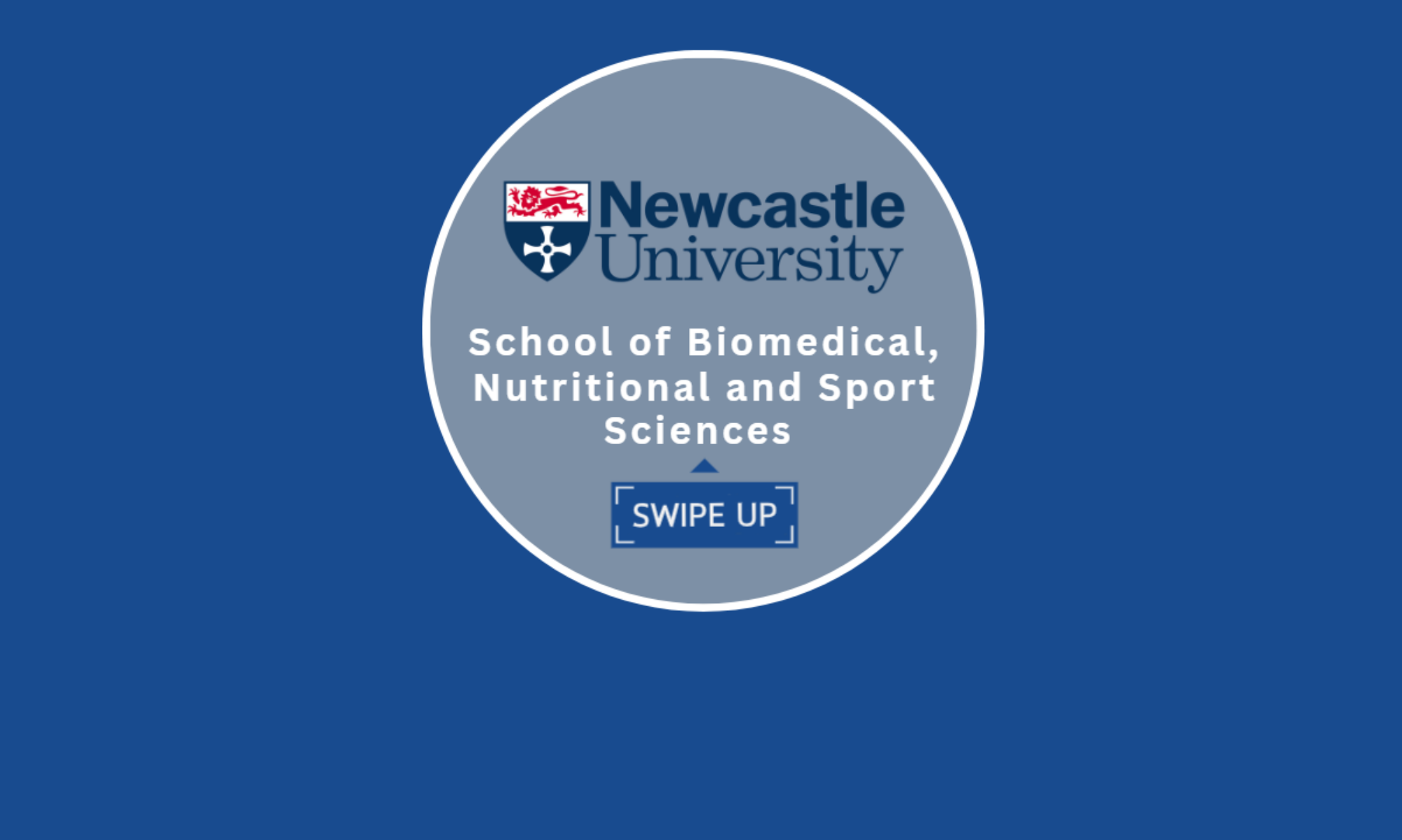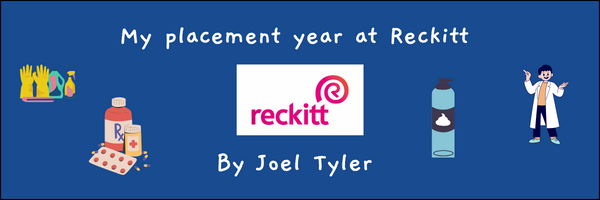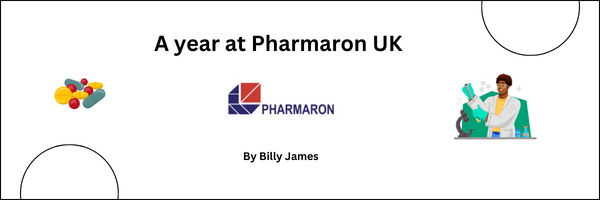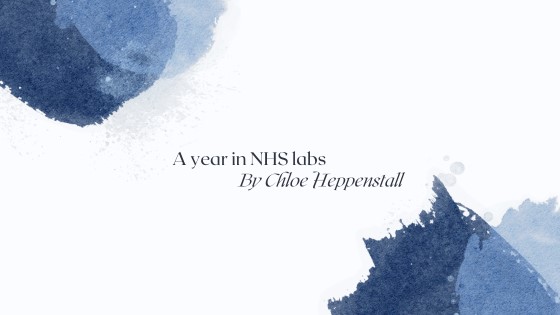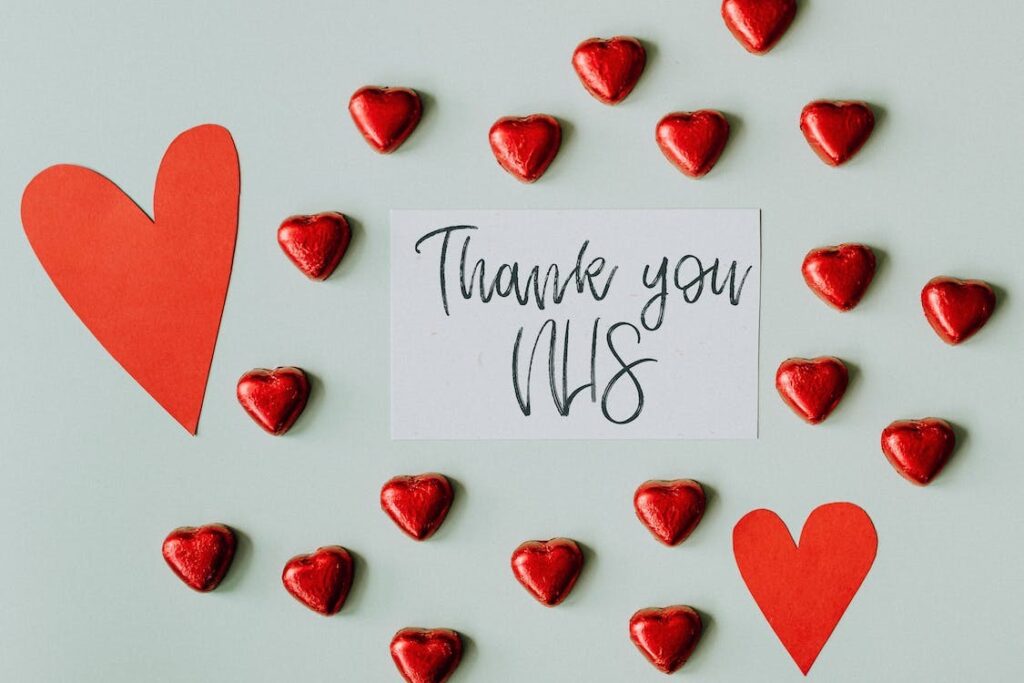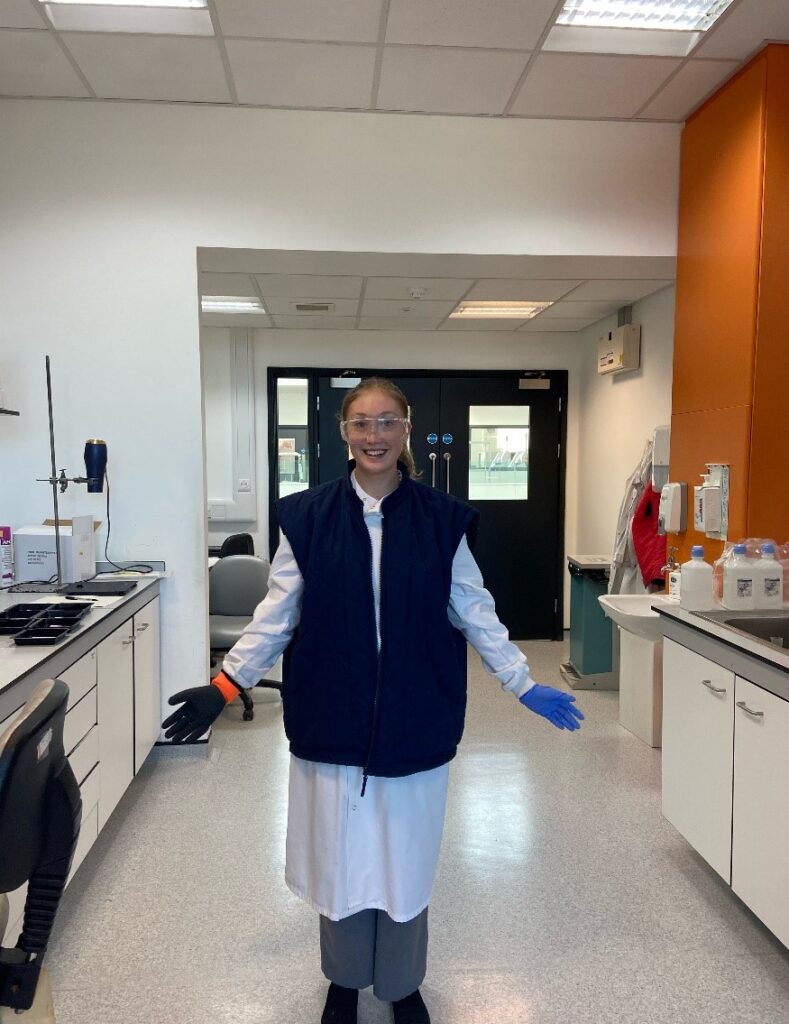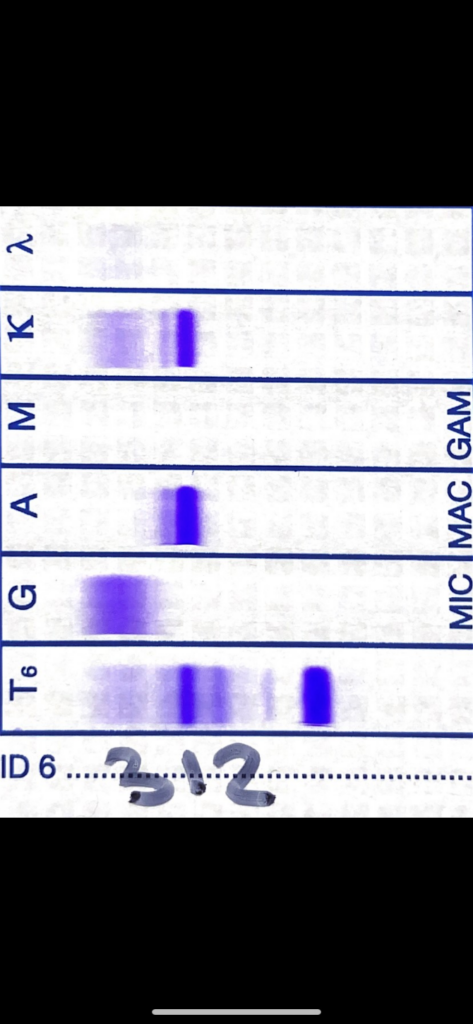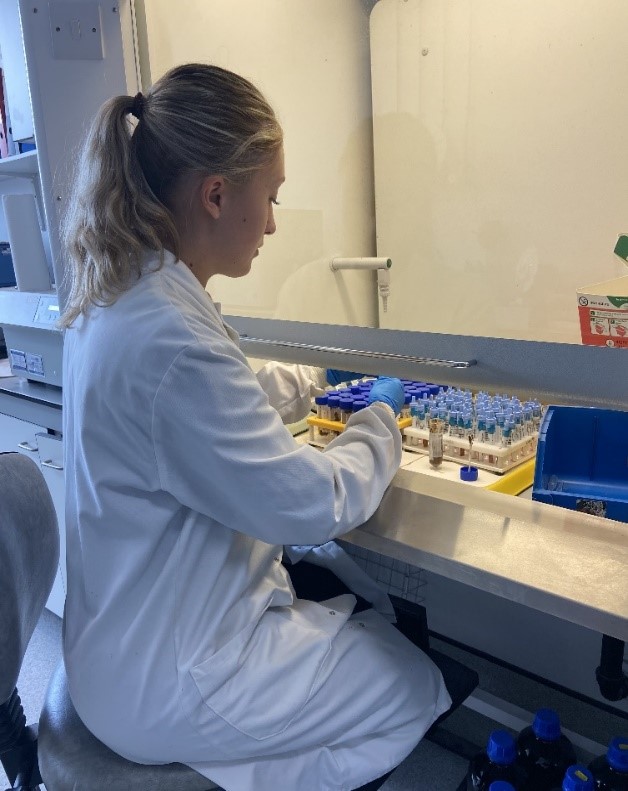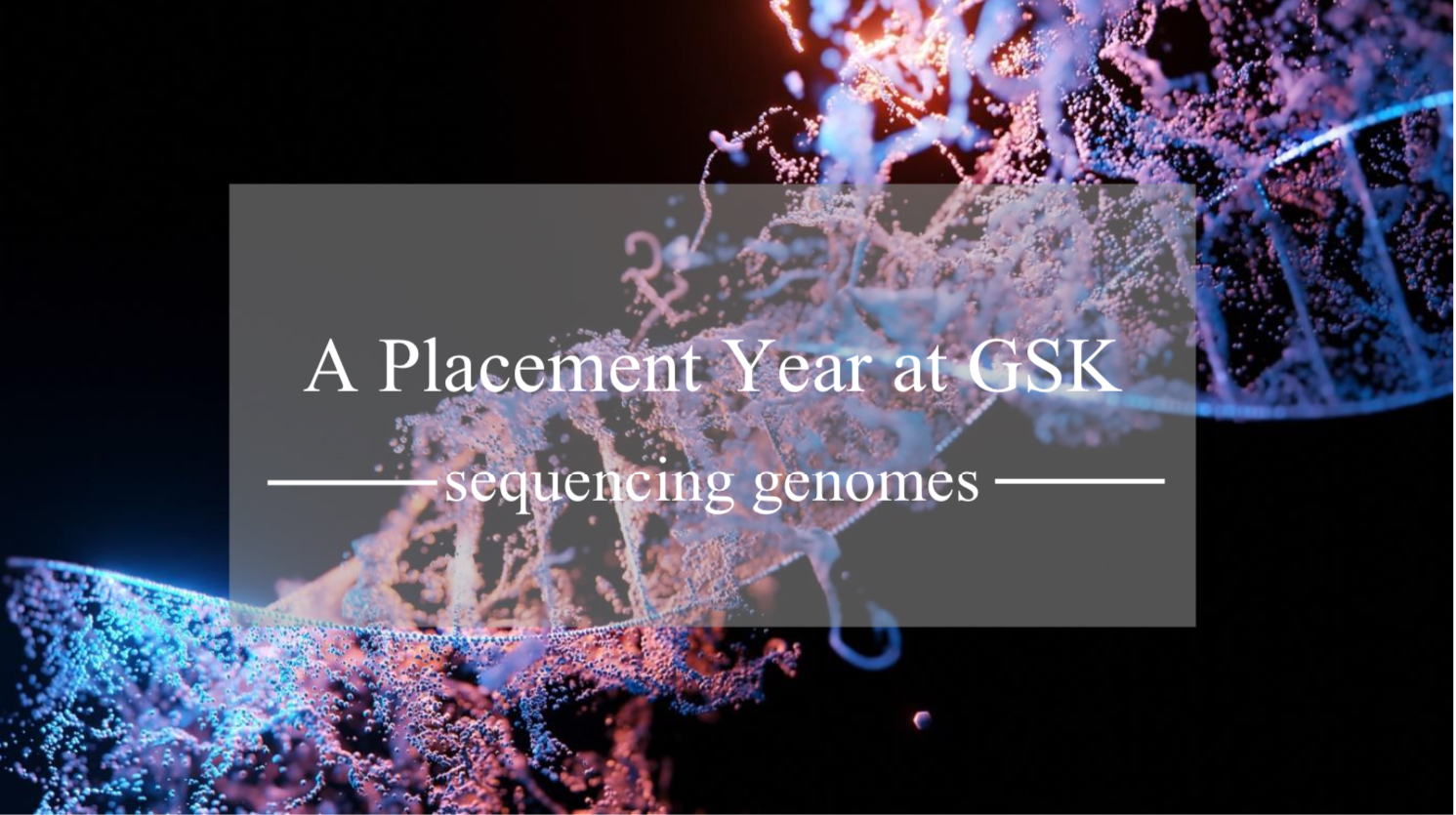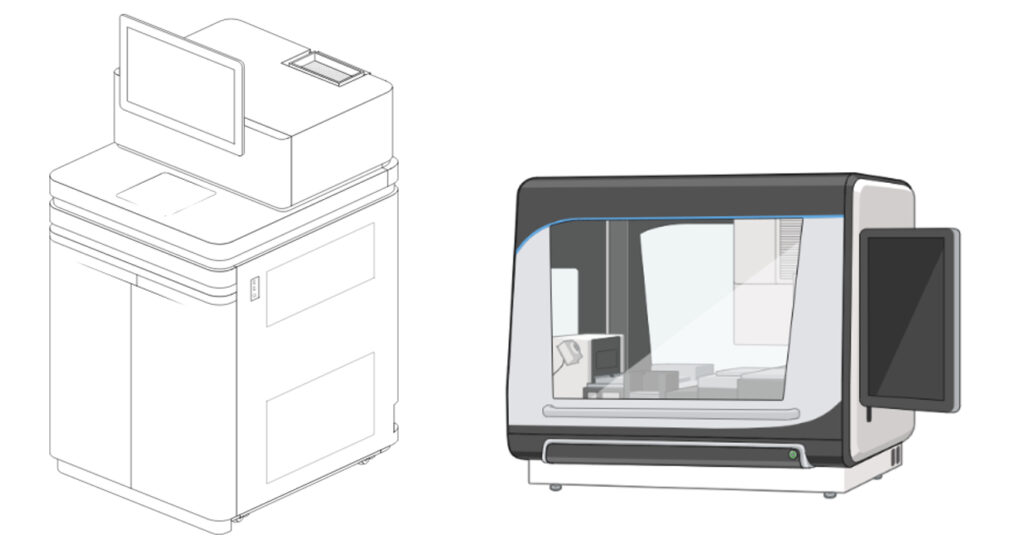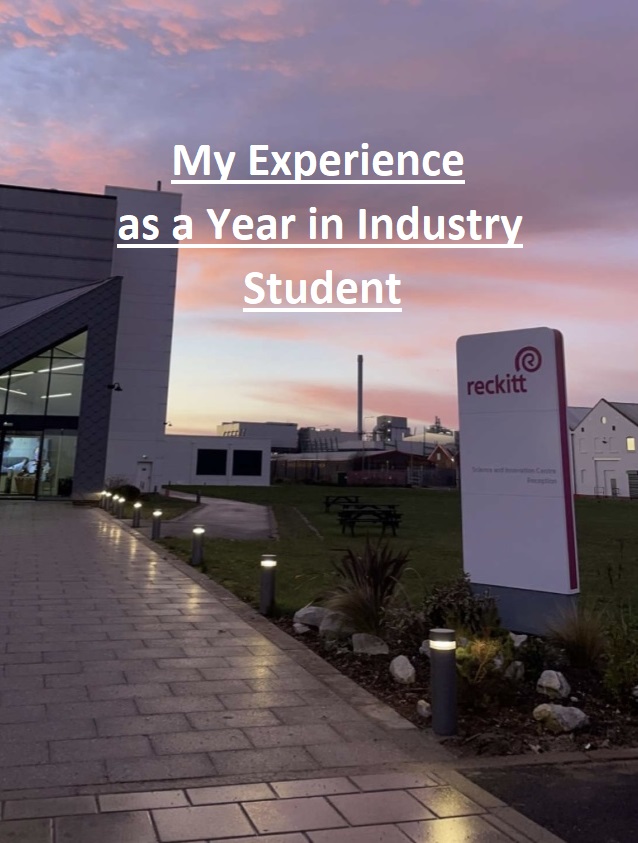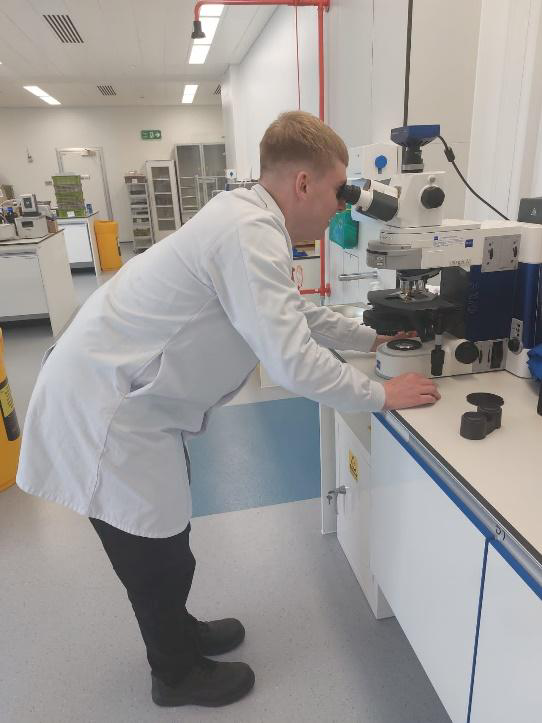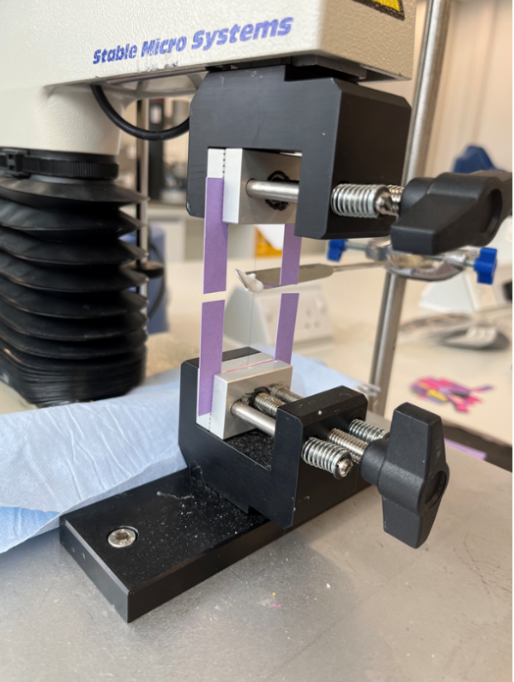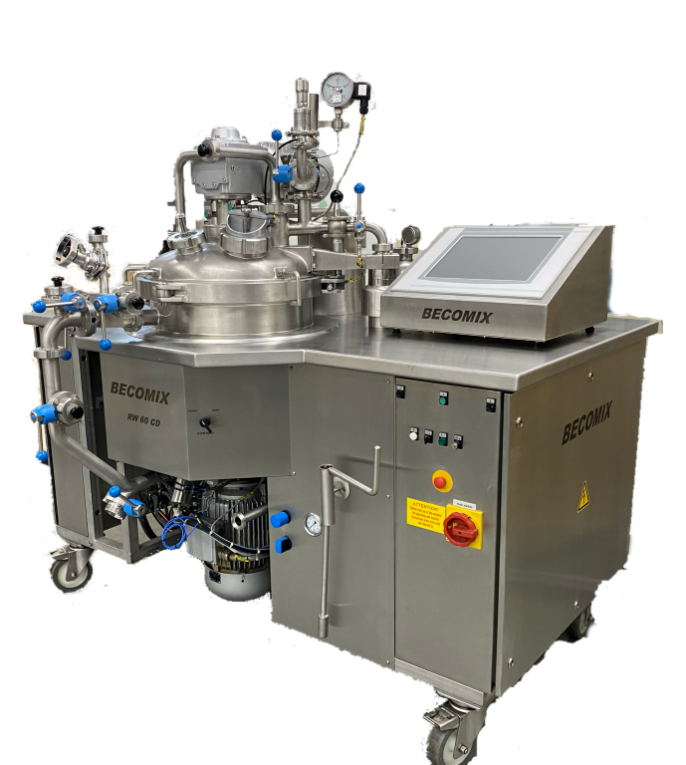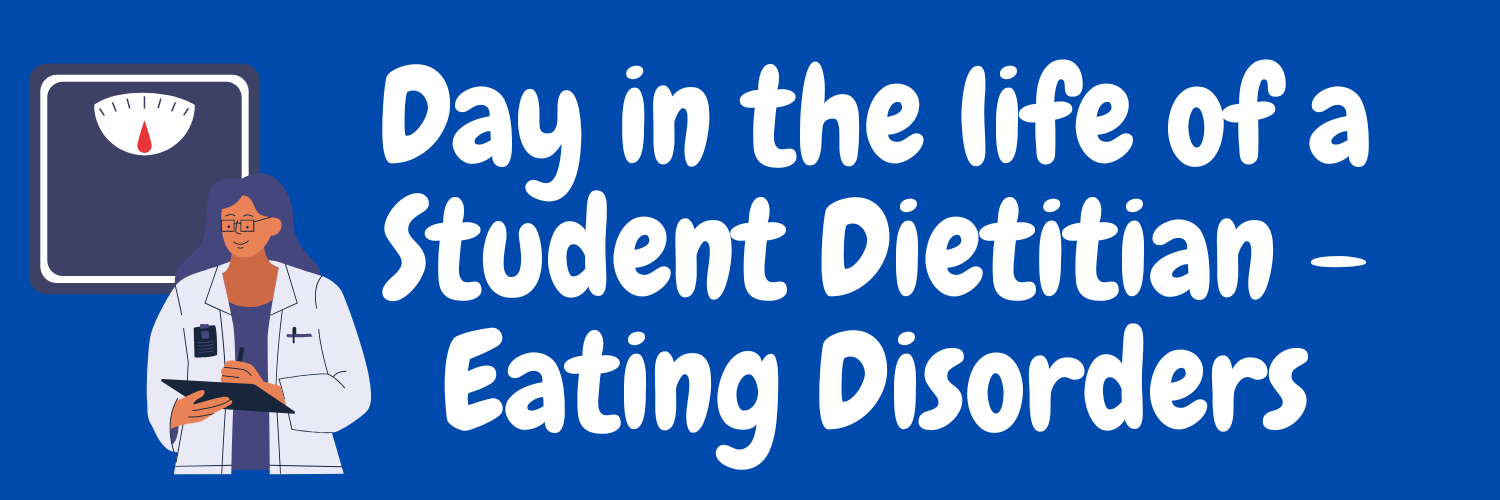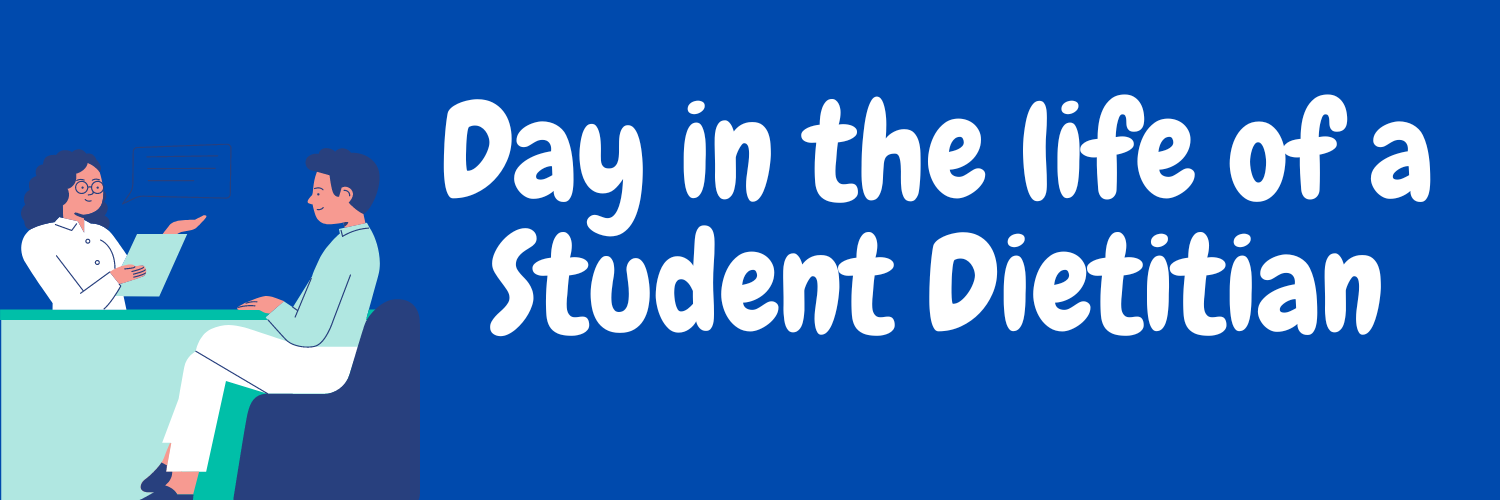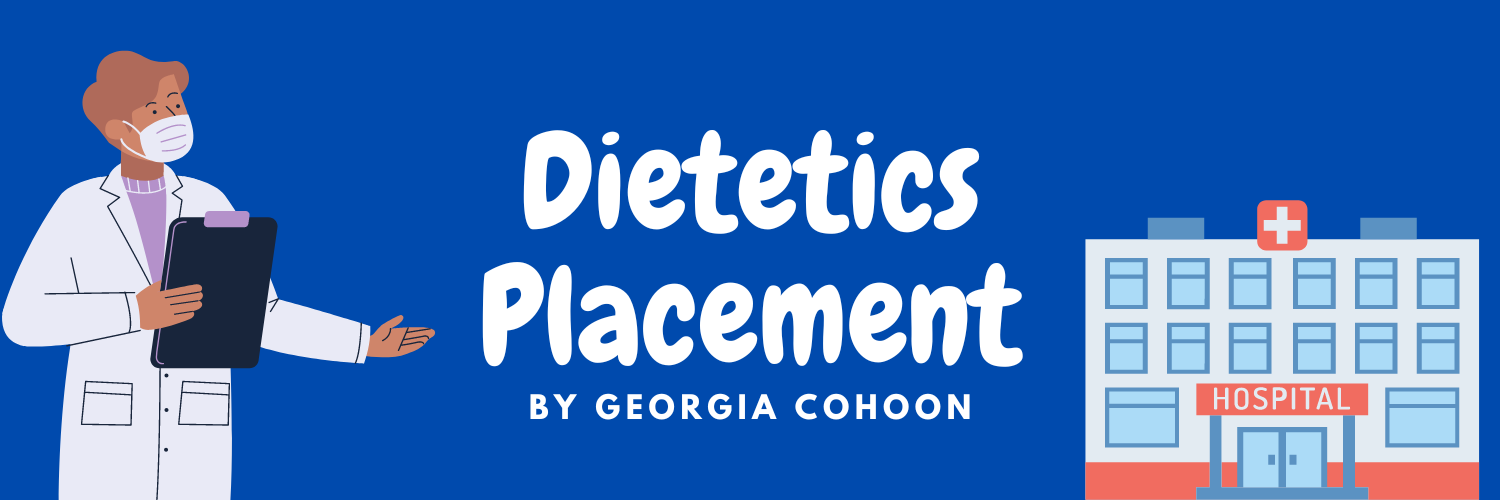By Joel Tyler
Reckitt is a Fast Moving Consumer Goods (FMCG) company with offices and employees spread out across the world. Founded in 1870, Reckitt started off by selling laundry starch in Hull, now, Reckitt operates in a range of markets and is the owner of various health and medicinal brands such as; Nurofen, Strepsils, Dettol, Vanish and Durex to name a few.

My placement year was a lab-based role involved in working for the brand Veet, this included both formulation manufacturing and analytical testing for the depilatory cream products currently available to buy in shops as well as a new product being developed and to be released in the near future.
A day in the life
Due to the fast paced environment (as an FMCG company), I found that there was always something to do all the time and the days/weeks were fairly similar. This is because of the constant manufacturing of different formulations of new products to be tested under different stability conditions, and then followed by analytical testing of the formulations to identify which was the best product.

Therefore, my normal day would start with a team meeting to discuss where everyone was at with formulation/testing work and to discuss steps/processes going forward or if anything had failed/gone wrong with the batch. After, I would go to the lab to complete any formulation/analytical testing which needed to be done.
I enjoyed this working routine as it meant I gained far more lab experienced than I initially thought I would, it was always very clear what work I needed to be doing and I was always given lots of support if things ever went wrong. I would say I definitely wasn’t treated as a ‘student’ but a very integral part of the team which also surprised me!
Student Project
In the second half of my placement, I organised and created a project alongside my line manager which involved testing the tensile strength of hair using a texture analyser and a brand new test method. I also presented my results to the rest of the Veet brand to explain my findings.
During my project I had to test thousands of individual hair samples and as a result became the most experienced within the lab at using the texture analyser, this meant that I had the opportunity to present and perform samples to higher up executives within the company (and even the Global Head of R&D) which was an amazing experience.


Why I chose to do a placement
I decided during first year of my degree that I wanted to do a placement, specifically a lab based placement, because I was enjoying being in the lab at university but I was curious if I would enjoy working in a lab as a full time job to give myself an idea for post graduate jobs.
Having completed my full year, I now know I could happily work in a lab after university, so applying for lab based roles isn’t a big risk but also that I know I can work efficiently and thrive under the environment. My placement gave me many challenges along the way (which is natural when learning new things in a short space of time) but I gained valuable and employable experience in overcoming these obstacles and realised that I feel confident within a lab setting.
I would highly recommend doing a placement!
Completing my placement year was definitely one of the most important things I have done within my life. The obvious reasons being all the different skills and attributes which I learnt/developed along the way, but also, the experiences which are available in just one year really surprised me, with the huge amounts of social networking needed to be done for my day to day job, I found myself naturally speaking to and shadowing other departments, creating professional relationships which will last for life. So I would say even if you are even considering to apply for placements, just go for it because you won’t regret it!
